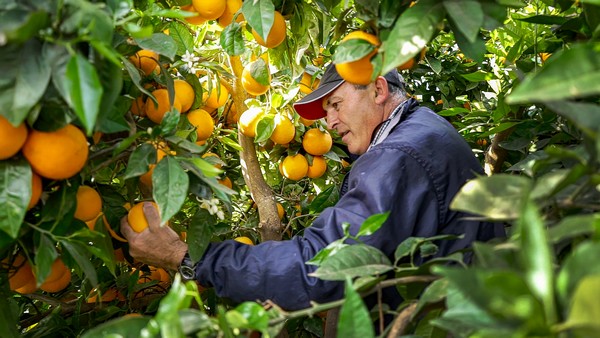



Article by: Hari Yellina
The Australian Agricultural Visa has gained support from Vietnam and a number of significant farm organisations; however, the unions are less enthusiastic. This week, Vietnam became the first country to sign up for the ag visa. Indonesia has also expressed its support, but it is unclear which of the other two countries is involved in the talks. Vietnam’s participation, according to federal agricultural minister David Littleproud, demonstrated the countries’ close strategic alliance. Mr Littleproud added, “There are many Vietnamese employees in Australian agriculture who are highly renowned for their work ethic and attention to detail.” After the signing off of technical discussions between the two nations in February, Australian peaches and nectarines were legally allowed back into Vietnam.
According to Michael Rogers, CEO of the Australian Fresh Produce Alliance (AFPA), employees from Vietnam who participate in the ag visa programme will be a significant component of the future workforce. Mr Rogers explained, “We are quite explicit in how the ag visa fits inside the horticulture industry’s employment alternatives, notably targeting seasonal harvest labour peaks.” This is a fantastic complement to the continuous employment of Australians and Pacific workers, as well as other skilled migration channels. The newest step, according to Ausveg CEO Michael Coote, proved that the ag visa was moving well. Mr Coote stated, “The ag visa was never intended to be a short-term solution to challenges arising from the COVID-19 outbreak.”
“This is a long-term structural transformation for the business to get access to a more efficient and effective workforce while reducing its dependency on working vacationers.” Tony Mahar, the chief executive of the National Farmers’ Federation, warned that an insufficient farm workforce was limiting Australian agriculture and regional prosperity. “Farmers have continued to put food on supermarket shelves, maintain jobs, and contribute considerably to the nation’s GDP during the difficult economic conditions of the previous two years,” Mr Mahar added. “The ag visa is a critical component of a package of actions needed to alleviate agriculture’s labour shortfall and ensure our industry accomplishes its $100 billion-by-2030 ambition,” said the president.
The Australian Workers’ Union questions the legality of Vietnam’s Memorandum of Understanding, calling it “probably meaningless.” The signing, according to AWU national secretary Daniel Walton, is unlikely to result in a concrete agreement. “Anyone who has followed David Littleproud’s long and jumbled trail of deceptive pronouncements on his Frankenstein visa knows to take this Vietnam MOU with a grain of salt,” added Mr Walton. However, if Vietnamese people do come to Australia on this visa, they will be considerably more exposed to exploitation and abuse than past guest workers. He warned that under the visa, Vietnamese workers would have fewer rights.
“Over the last decade, eleven distinct independent reports have documented endemic and pervasive worker maltreatment in the horticultural industry. This visa would give it a boost.” According to the AFPA, elements of the ag visa programme such as labour market assessment, employer sponsorship, and a variety of worker welfare methods would strengthen the programme. “We continue to support the visa’s rigorous standards. We believe that maintaining high programme standards is critical to developing a highly productive staff that is motivated to return to farms year after year “Mr. Rogers explained. Michael Coote of Ausveg emphasised the need of worker protection.
Only if the workers’ health and safety are protected will the new visa be successful. Workers who come to Australia to harvest fresh produce come to work hard and earn good money, but they also deserve to have a good time and feel safe while doing so. “The ag visa will be a sponsored visa with significant industry support, allowing only organisations that can demonstrate they are fit and proper to access employees through the ag visa.” Tony Mahar of the NFF said the NFF has prioritised methods to ensure that workers have a favourable experience on the farm since the visa’s establishment.